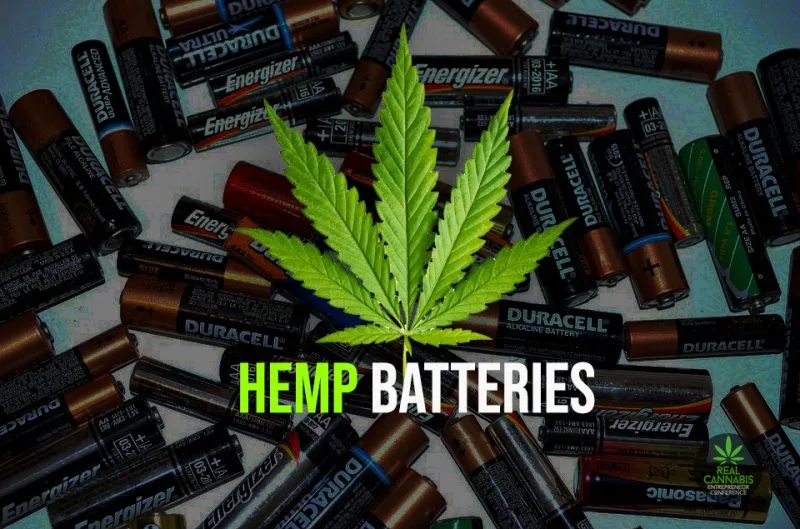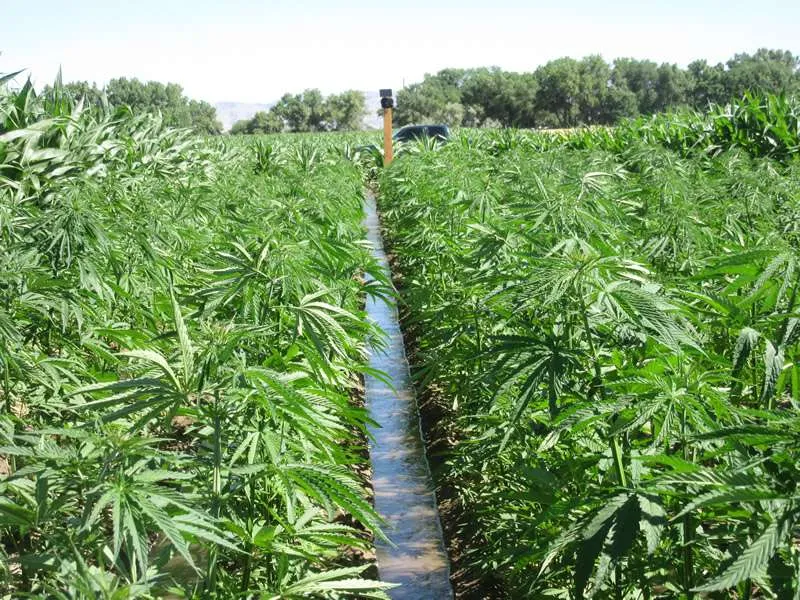
Hemp Batteries: Powering the Future with a Sustainable Twist
Lithium-ion batteries have become ubiquitous, powering our electronics and electric vehicles. However, concerns about their environmental footprint and reliance on critical minerals have spurred the search for sustainable alternatives. Enter hemp – a versatile plant emerging as a game-changer in the battery industry.
Hemp’s Potential in Battery Technology:
Hemp offers several advantages for battery production:
- Sustainable Cultivation: Hemp requires minimal water and thrives with minimal pesticides, making it a more environmentally friendly choice compared to resource-intensive mining operations for traditional battery materials.
- High-Yielding Biomass: Hemp’s rapid growth rate allows for the production of large quantities of raw material, potentially meeting the demands of a growing battery market.
- Carbon Sequestration: Hemp acts as a carbon sink, absorbing CO2 during its growth cycle, further contributing to its environmental benefits.
From Hemp Stalk to Battery Electrode:
Here’s a simplified overview of the development and production cycle of hemp batteries:
- Hemp Cultivation: Hemp is grown using sustainable practices, ensuring a responsible and environmentally conscious source material.
- Decoretication: The long, strong fibers (bast) are separated from the woody core (hurd) of the hemp stalk.
- Degumming: Natural waxes and pectins are removed from the fibers to improve their processing characteristics.
- Fiber Processing: The degummed fibers may be further processed mechanically or chemically to create specific properties.
- Carbonization: The processed fibers undergo controlled heating, converting them into carbonized hemp.
- Electrode Manufacturing: The carbonized hemp is combined with other materials (binders, conductive agents) to form the battery’s anode (negative electrode).
- Cell Assembly: The anode and a complementary cathode (positive electrode) are separated by a specialized membrane and packaged into a secure housing to create the complete battery cell.
Advantages and Considerations:
Hemp batteries boast several potential benefits:
- Sustainability: Hemp offers a renewable and environmentally responsible alternative to traditional battery materials.
- Performance: Research suggests hemp-based anodes can deliver comparable or even superior performance compared to some existing lithium-ion batteries.
- Cost-Effectiveness: Hemp is a readily available and relatively inexpensive resource, potentially leading to more affordable batteries in the future.
However, research in hemp batteries is still in its early stages. Here are some points to consider:
- Scalability: Developing efficient and cost-effective methods for large-scale production is crucial for widespread adoption.
- Electrolyte Compatibility: Optimizing electrolytes to work effectively with hemp-based anodes is an ongoing area of research.
- Battery Life: Long-term performance and cycle life of hemp batteries require further testing and optimization.
The Road Forward:
While challenges remain, the potential of hemp batteries is undeniable. Continued research and development, coupled with industry collaboration, can pave the way for a more sustainable future in energy storage. As the technology matures, hemp batteries have the potential to power our devices and vehicles in an environmentally responsible way, leaving a positive impact on the planet.
